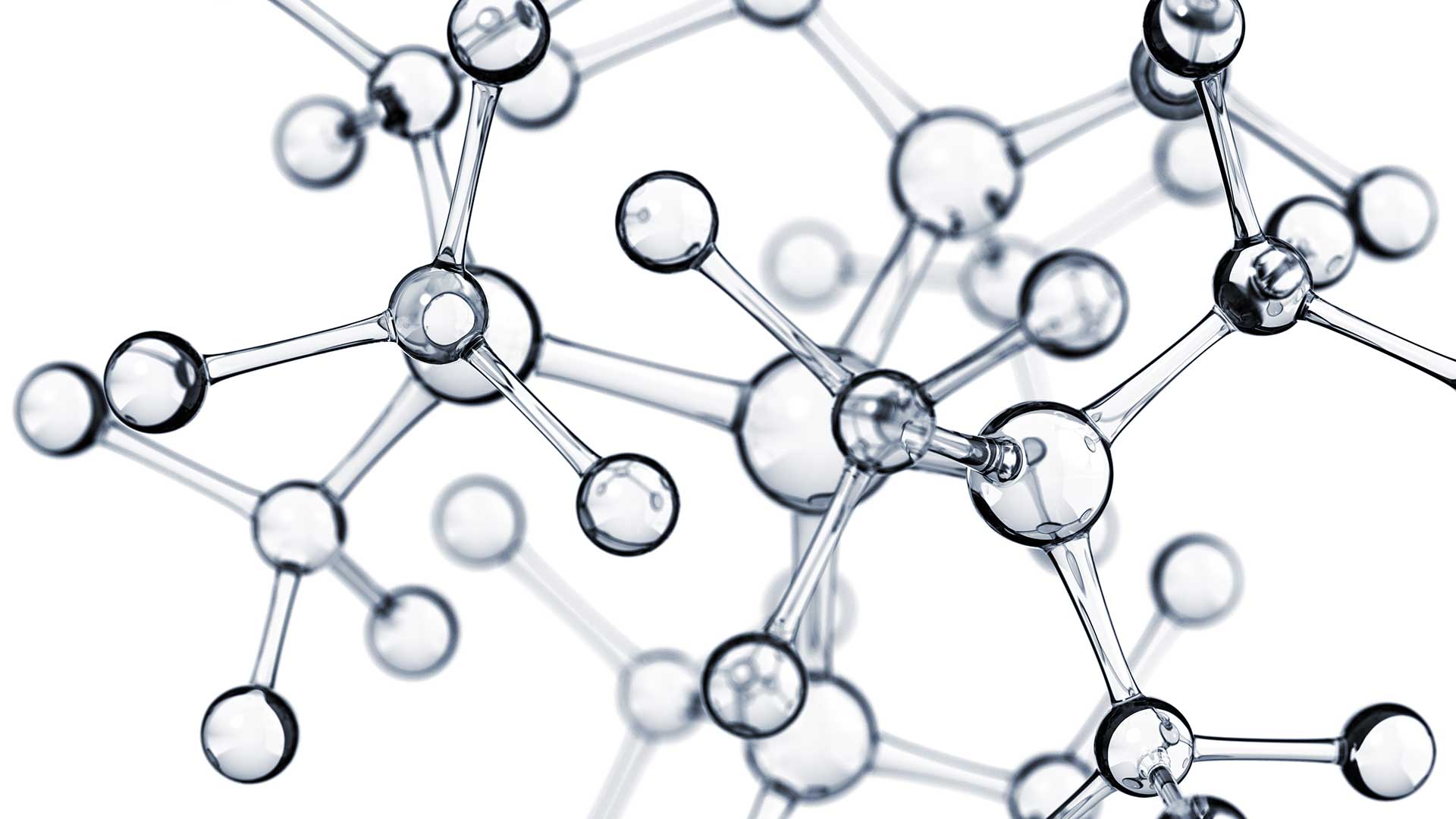| Name | Dibutyltin Dichloride |
| CAS | 683-18-1 |
| Formula | C8H18Cl2Sn |
| Synonyms | DBTC DBTCl Dibutylzinnchlorid Dibutyldichlorstannan Di-n-butylzinn dichlorid Zinnbutylchlorid |
Fields of Application for DBTC
Dibutyltin dichloride areas of application are diverse, ranging from intermediate products for the production of other tin compounds to being the decisive component of important end applications on the other.
DBTC is for example, a precursor substance from which a number of other tin compounds are made, including products for coating container glass bottles. It serves as a processing aid, process regulator and ion exchanger.
As a catalytic active ingredient, it is used in esterification reactions, the production of silicones and polyurethanes, foam plastics, adhesives or sealants. In this way, dibutyltin dichloride is used in a wide variety of end products: thermal insulation and coatings, food packaging, medical devices or electronics. In silicones, it finds its way into sealants, paper coatings and even dental products.
For the modification of synthetic rubbers, DBTC is a reactive process additive that improves the solubility of the soot black additives in the compound.
Another area in which DBTC is processed is the light and heat stabilization of PVC plastics. Concentrations between 0.3% and about 3% are common here. End-use applications include, for example, packaging materials or textile products.
Product Variants
In addition to the normal DBTC, BNT also offers dibutyltin dichloride in various versions: In DIDP solution (diisodecyl phthalate) as a catalyst for adhesives based on polyurethane and for silicone sealants; or in xylene as a catalyst for the production of silicones.
| BNT Product Name | Produktvariante | Short Form |
| BNT-CAT 410 | Dibutyltin dichloride | DBTC |
| BNT-CAT 411 | Dibutyltin dichloride in DIDP solution | DBTC/DIDP |
| BNT-CAT 413 | Dibutyltin dichloride in Xylol | DBTC/Xylene |
BNT-CAT 410
DBTC from the production of BNT is shipped in polyethylene-lined drums of 30 liters or in barrels of 205 liters. In the closed original packaging, it has a minimum shelf life of 6 months without loss of quality.
BNT-CAT 411
BNT-CAT 411 (dibutyltin dichloride in DIDP solution) is liquid at room temperature and colorless to slightly yellowish. Crystallizations can occur below 10 ° C, which is why the product must be heated to 35 to 40 ° C before use and a sample must be taken to determine the homogeneity.
BNT-CAT 411 is supplied in polyethylene-lined drums and can be stored in the sealed, original containers at storage temperatures above 20 ° C for at least 6 months without quality deviations. If the temperature is or has been lower, the product may need to be heated for homogenization.
BNT-CAT 413
BNT-CAT 413 is a colorless liquid with an aromatic odor. It is not or only slightly miscible with water.
BNT-CAT 413 is shipped in steel cans with a polyethylene lining. If the original packaging remains closed, it can be stored for at least 6 months without loss of quality (storage temperature > 0 °C).
If stored at a temperature below 0 °C, crystallization may occur. To homogenize the product again, it must be heated at 35 to 40 °C for approx. 30 minutes before use.


